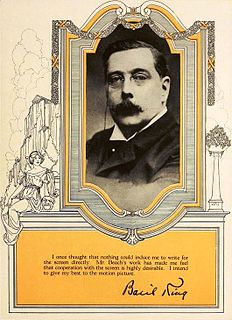A Quote by Charles Oakley
A gentleman pays his debt within a week or two.
Related Quotes
This debt crisis coming to our country. The wall and tidal wave of debt that is befalling our nation. Medicare and Social Security go bankrupt within ten years, we have a debt that is looming so high that in the last year of President Obama's budget just the interest payments on our debt is $916 billion dollars.
What is it to be a gentleman? Is it to be honest, to be gentle, to be generous, to be brave, to be wise, and, possessing all these qualities, to exercise them in the most graceful outward manner? Ought a gentleman to be a loyal son, a true husband, an honest father? Ought his life to be decent, his bills to be paid, his taste to be high and elegant, his aims in life lofty and noble?
The Forgotten Man is delving away in patient industry, supporting his family, paying his taxes, casting his vote, supporting the church and the school, reading his newspaper, and cheering for the politician of his admiration, but he is the only one for whom there is no provision in the great scramble and the big divide. Such is the Forgotten Man. He works, he votes, generally he prays — but he always pays — yes, above all, he pays.
In doing one's work primarily for God, the fear of undue restriction is put, sooner or later, out of the question. He pays me and He pays me well. He pays me and He will not fail to pay me. He pays me not merely for the rule of thumb task, which is all that men recognize, but to everything else I bring to my job in the way of industry, good intentions and cheerfulness. If the Lord loveth a cheerful giver, as St. Paul says, we may depend upon it that He loveth a cheerful worker; and where we can cleave the way to His love there we find His endless generosity.
Sunday, January 27, 1884. -- There was another story in the paper a week or so since. A gentleman had a favourite cat whom he taught to sit at the dinner table where it behaved very well. He was in the habit of putting any scraps he left onto the cat's plate. One day puss did not take his place punctually, but presently appeared with two mice, one of which it placed on its master's plate, the other on its own.






































